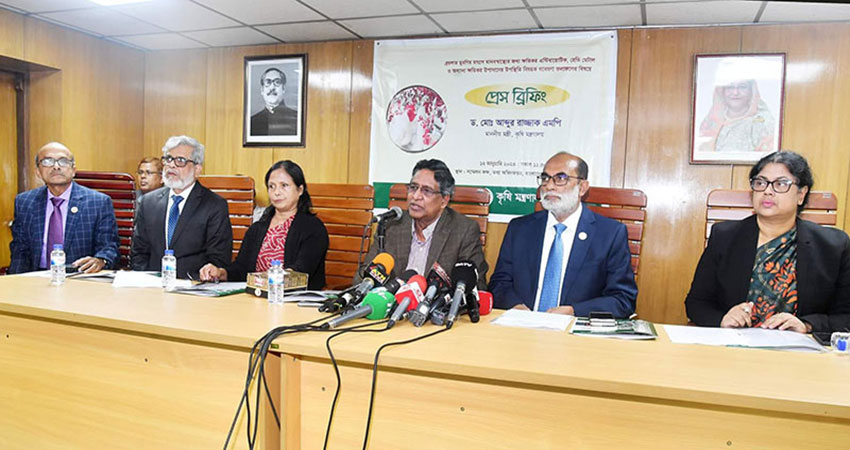The World Population Day is observed every year on 11 July in order to raise awareness about the global population issues, including population control.
As per the United Nations, the rising population trends "affect economic development, employment, income distribution, poverty and social protections. They also affect efforts to ensure universal access to health care, education, housing, sanitation, water, food and energy. To more sustainably address the needs of individuals, policymakers must understand how many people are living on the planet, where they are, how old they are, and how many people will come after them."
The theme for the World Population Day 2023 is 'Unleashing the power of gender equality: Uplifting the voices of women and girls to unlock our world's infinite possibilities'.
UN Secretary-General António Guterres speaking about the theme said, "Gender-based discrimination harms everyone – women, girls, men, and boys. Investing in women uplifts all people, communities, and countries."
Why is World Population Day celebrated?
World Population Day focuses on the urgency and importance of population issues. It was established by the United Nations Development Programme (UNDP) in 1989, after the Day of Five Billion — the day the world approximately reached the population of five billion — which was observed on 11 July 1987.
In December 1990, the United Nations General Assembly (UNGA) had decided to continue to observe the World Population Day in order to spread awareness regarding population issues, including their impact on the environment as well as development.
On 11 July 1990, over 90 countries celebrated the World Population Day and since then it has been acknowledged by nations, organisations and institutions.
World Population Day 2023
The UN talking about World Population Day 2023 said in a statement, "It took hundreds of thousands of years for the world population to grow to 1 billion – then in just another 200 years or so, it grew sevenfold. In 2011, the global population reached the 7 billion mark, it stands at almost 7.9 billion in 2021, and it's expected to grow to around 8.5 billion in 2030, 9.7 billion in 2050, and 10.9 billion in 2100. This dramatic growth has been driven largely by increasing numbers of people surviving to reproductive age, and has been accompanied by major changes in fertility rates, increasing urbanization and accelerating migration. These trends will have far-reaching implications for generations to come."
The statement says how there have been significant changes in fertility rates, life expectancy, global lifespans and urbanisation.
World Population Day 2023



















